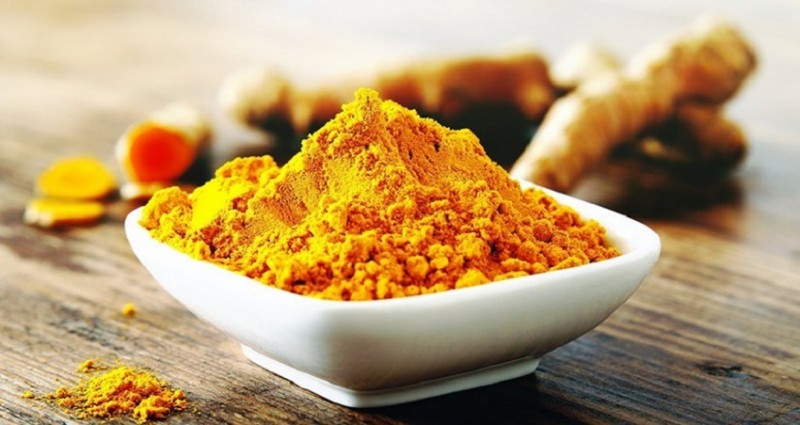
Turmeric, the golden spice known for its culinary and medicinal properties, has been gaining popularity for its potential benefits in dental health. Here are five things to know about how turmeric can help you say goodbye to dental problems:
Natural Anti-inflammatory and Antimicrobial Properties
Turmeric contains a compound called curcumin, which is known for its potent anti-inflammatory and antimicrobial properties. These properties can help reduce inflammation in the gums, fight oral bacteria, and prevent various dental issues such as gingivitis and periodontitis.
Effective Against Oral Bacteria
Studies have shown that curcumin in turmeric can inhibit the growth of various oral bacteria, including Streptococcus mutans and Porphyromonas gingivalis. These bacteria are known to contribute to plaque formation, tooth decay, and gum disease.
Promotes Oral Health and Healing
Turmeric can promote overall oral health by reducing gum inflammation, soothing gum pain, and supporting the healing of oral wounds and ulcers. Its natural antibacterial properties help maintain oral hygiene and prevent infections.
Natural Teeth Whitener
Turmeric is also known for its teeth-whitening properties. Although it may seem counterintuitive due to its bright yellow color, turmeric can effectively remove stains and brighten teeth when used correctly. Its mild abrasive nature helps polish teeth without damaging enamel.
How to Use Turmeric for Dental Health
There are several ways to incorporate turmeric into your dental care routine:
Turmeric's natural anti-inflammatory, antimicrobial, and teeth-whitening properties make it a valuable addition to your dental care routine. Whether used in homemade toothpaste, mouthwash, or as a supplement, turmeric can help you maintain good oral health, prevent dental problems, and achieve a brighter smile. Embrace the benefits of turmeric and say goodbye to dental issues naturally.
Get Outside, Get Stronger Bones! What To Do?
Know the Wonders of Beetroot Juice One Can Try in the Summer Season
Are You Suffering from Empty Nose Syndrome? Recognizing These Symptoms